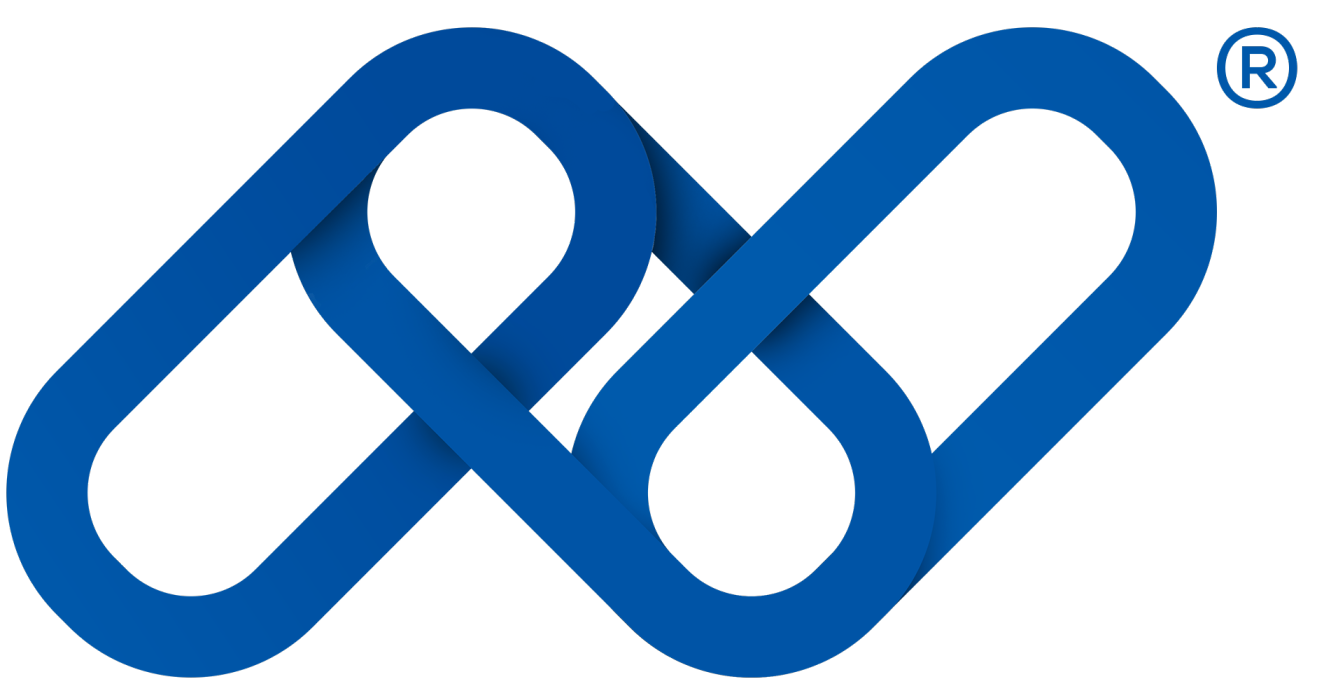“CREATING A LONG-TERM COMPETITIVE ADVANTAGE FOR LUXEMBOURG”
The Infrachain interview series continues with Said Fihri, Partner at KPMG Luxembourg, who tells us more about the current blockchain challenges, its advantages and the next step for the trendy tech.
When and why did you join the Infrachain initiative?
KPMG joined Infrachain in November 2016, just after its launch. This initiative will create a long-term competitive advantage for Luxembourg and attract new players from abroad. Infrachain addresses key challenges in developing blockchain use cases including governance, personal data protection, node synchronization and data backup.
What challenges are you currently facing when it comes to the development of concrete Blockchain applications?
In Luxembourg and Europe, the main challenges with developing blockchain applications are not technology related. It is more about identifying use cases where it actually makes sense to apply this technology. In the past year, we have seen many projects use blockchain technology just because it is trendy, instead of offering a credible solution to an issue. Fortunately, the number of these projects has fallen off.
Another challenge is governance. Many use cases group companies together with divergent agendas that are at odds. In these situations, reaching a development agreement can be close to impossible. On the technological side, the main challenges that Infrachain addresses are managing personal data, ensuring constant network performance and protecting against data loss.
What about their main advantages and opportunities?
Beyond pure technological advantages like faster transaction processing, increasing trust between external parties and distribution of information, companies adopting blockchain technology tend to incorporate it with other technologies. They do this by applying other “more digital” technologies including end customer interfaces, payment instruction triggered by APIs, and data and analytics. This leads to other benefits for end users such as improved user experience, new product development, unlocking new client segments and faster processes.
According to you, where will Blockchain be the most efficient? How and why?
Blockchain is most suited to transactional use cases, especially in the financial sector. For example, we see a lot of potential in Security Token Offering (STO) where blockchain technology is used to raise funds. As a side note, STO is not outside current securities laws.
Blockchain could also be applied to alternative funds, like real estate companies wishing to attract a broader range of investors. Payments are, of course, another area that will witness an increasing number of applications. Facebook’s recent announcement of its own coin that serves the unbanked population demonstrates how disruptive the application of blockchain-based technology can be.
Another blockchain application is data sharing. This could be across a network of participants with proof of authorization, e.g. the decentralization of building construction authorization, or general data sharing, e.g. a patient’s medical records shared across a network of medical professionals.
What is needed to really kick off the adoption of Blockchain?
We don’t believe in a blockchain big bang. Instead, we foresee a progressive adoption that is limited to specific use cases at first, then expanded in reach. The best way to adopt blockchain technology is to run Proof of Concepts (POC) that demonstrate substantial benefits.
While the creation of blockchain-specific regulations will certainly foster blockchain adoption, it will not be required in most cases. Current regulation does not specify what technology must be used to fulfill a regulatory obligation.
Infrachain will accelerate the adoption of blockchain in Luxembourg and Europe because it already offers solutions and standards for security, performance and governance. This type of initiative will make it easier to develop new blockchain applications.
Published on September 23rd, 2019 on https://www.itone.lu/actualites/creating-long-term-competitive-advantage-luxembourg


